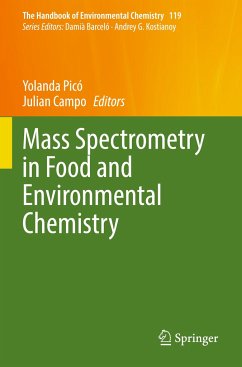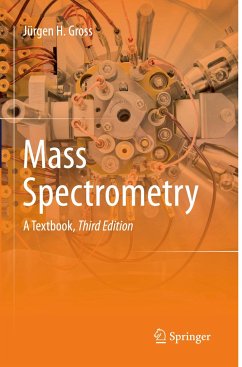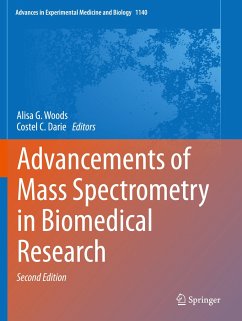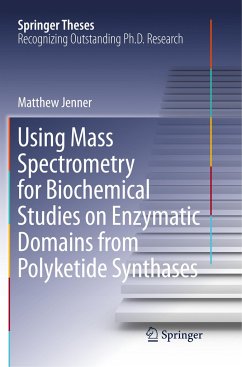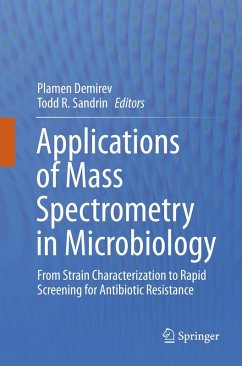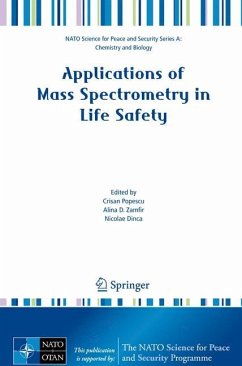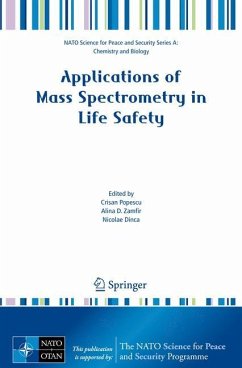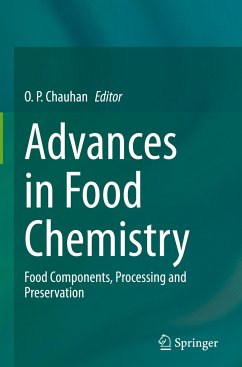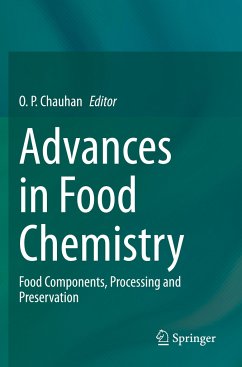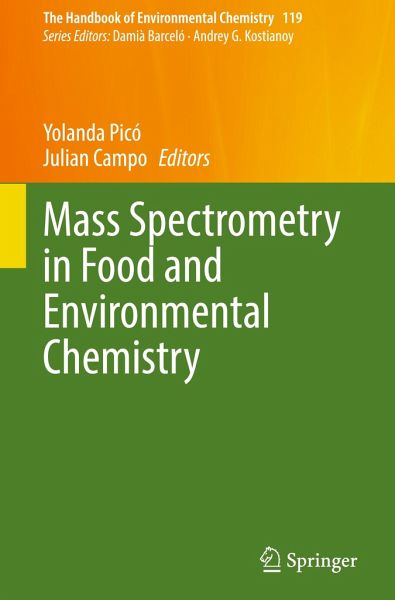
Mass Spectrometry in Food and Environmental Chemistry

PAYBACK Punkte
113 °P sammeln!
This book reviews the latest advances in mass spectrometry (MS) techniques applied to food safety and environment quality, and it discusses the recent improvements in sample preparation and MS platforms for screening of emerging contaminants. Expert contributors discuss the current applications from omics to the screening of emerging contaminants and nanomaterials in food and environmental matrices, and particular attention is given to the opportunities that MS offers for guarantying food security and promoting the sustainable use of ecosystems.Divided into 13 chapters, the book covers topics ...
This book reviews the latest advances in mass spectrometry (MS) techniques applied to food safety and environment quality, and it discusses the recent improvements in sample preparation and MS platforms for screening of emerging contaminants. Expert contributors discuss the current applications from omics to the screening of emerging contaminants and nanomaterials in food and environmental matrices, and particular attention is given to the opportunities that MS offers for guarantying food security and promoting the sustainable use of ecosystems.
Divided into 13 chapters, the book covers topics such as the handling and preparation of food and environmental samples for MS, foodomics, environmental omics, ambient ionization techniques in food and environmental chemistry, and chip-based separation devices coupled to MS. Readers will also find a comprehensive overview of several MS techniques applied to food and environmental chemistry, including elemental, isotopic, chiral, ionmobility, chromatographic and imaging MS.
This book will appeal not only to students and researchers, but also to professionals working with MS platforms in food safety and environmental quality. The different advances and promising applications described in this work will be of paramount importance for ensuring food safety and environment health for current and future generations.
Divided into 13 chapters, the book covers topics such as the handling and preparation of food and environmental samples for MS, foodomics, environmental omics, ambient ionization techniques in food and environmental chemistry, and chip-based separation devices coupled to MS. Readers will also find a comprehensive overview of several MS techniques applied to food and environmental chemistry, including elemental, isotopic, chiral, ionmobility, chromatographic and imaging MS.
This book will appeal not only to students and researchers, but also to professionals working with MS platforms in food safety and environmental quality. The different advances and promising applications described in this work will be of paramount importance for ensuring food safety and environment health for current and future generations.





